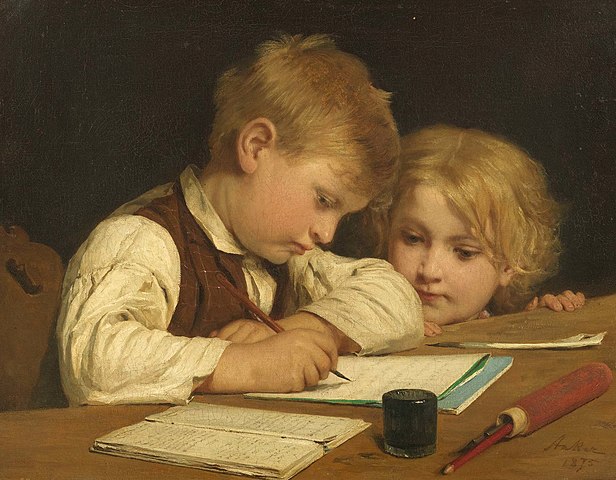
Reference questions
A useful phrase to use for most conversations with English-speaking students or ajarns is
- Welcome to the library.
This general greeting is better than saying good morning or good afternoon, since during the day we may forget what time it is. It may be the afternoon when we are wishing a library visitor a good morning. Or it may still be the morning when we are wishing someone a good afternoon. For this reason, it is better not to mention morning or afternoon, and just say welcome, which is timely at any hour. The word welcome derives from an Old English word meaning a person whose arrival is pleasant for us. If we offer welcome, that means we are glad to see someone. For this reason, we do not say welcome to the library when we are speaking on the phone to a caller seeking information about the TU Libraries. To say welcome means that a person is physically present in the libraries. Along the same lines, when someone thanks us, we may also say:
You are welcome.
or, the contraction is often used in speech:
You’re welcome.
This simply means that whatever we did that we are being thanked for, we did gladly. There are many other casual expressions to use when someone thanks us. We should try to find one that is easiest for us to pronounce, and stick with that choice in all such situations. Since most speakers of Thai English have individual pronunciation issues, each person should know best which of these choices presents the fewest problems or seems most comfortable. It is usually best to choose what is easiest to pronounce. If we are speaking informally, it is acceptable to say instead of you’re welcome:
- Don’t mention it.
- Not a problem.
- My pleasure.
- I’m happy to help.
- Not at all.
Australians also like to say when someone thanks them:
- No worries.
If we are not speaking to an Australian, then it is not essential to use this expression.
No matter what question is asked, if we do not have an immediate answer, or want to get someone else to help, we can say:
- I am not sure. Let me find out.
This shows that we are eager to help, and even if we personally cannot solve the problem, we are trying to find someone who can. If we wish to make an especially friendly and helpful impression, we might also say:
- I will be glad to help.
This reassures the English-speaking visitor that we do really want to help, even if it might take some time to offer an answer to whatever the question is. If students have asked a reference question, it may be useful to know further information. We may wish to ask them:
- What class is your assignment for?
If we are not familiar with the class, or need some more information, we can also ask:
- What faculty are you studying in?
Knowing the faculty is extremely helpful in terms of understanding the subject matter of the reference question. Also important to know is something about the deadlines involved. If we know when the reference questions must be answered, we will get an idea of how urgent things are. Usually, students prefer to wait until the last minute to try to get all their required work and preparation done. Some are good at planning ahead, but not all students are well-organized in this way. So we may assume unless we are told otherwise that whatever the reference question may be, it is an urgent one. Still, knowing the exact due date for papers or theses, or when exams will be held, can give us an idea of how best to approach any reference project. If the student only has a day or two before the work must be accomplished, this may limit the options for interlibrary loans and other means of getting information. So some of our main questions may also be:
- When is your paper due?
- When must your thesis be handed in?
- When is your exam?
Naturally, we must try to help as well as we can even at the last minute. The student who does plan in advance is a pleasant exception, but not the rule.

(All images courtesy of Wikimedia Commons)
